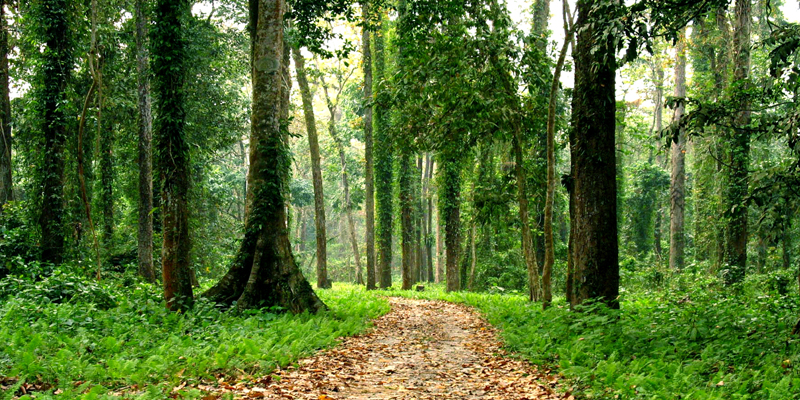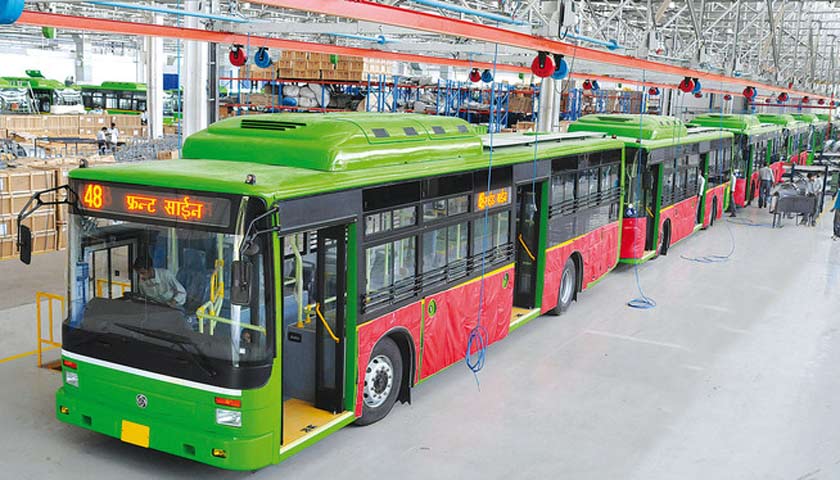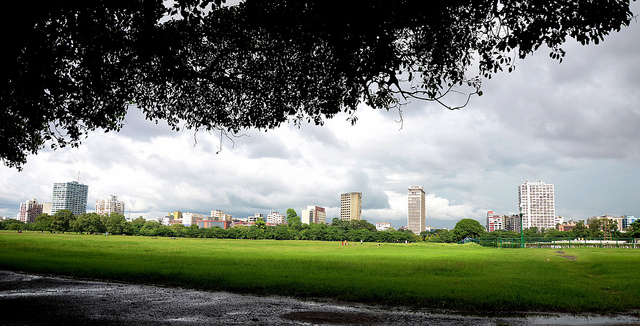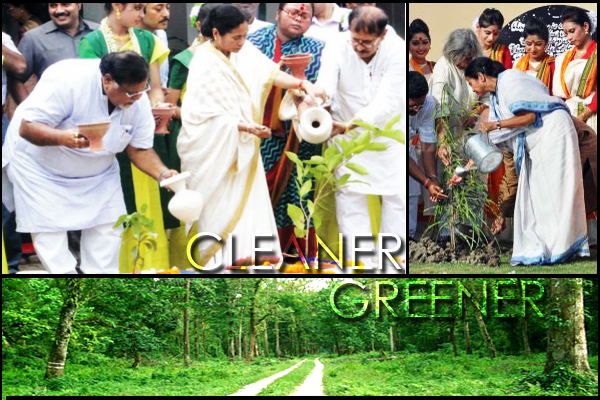The West Bengal Government and the organizations under its aegis have taken a number of initiatives to make the State pollution-free and clean. Below is a list of such campaigns. Today being the World Environment Day, let us take a quick look at the initiatives.
The Zero-Plastic Waste Campaign
Discarded plastics pose a threat to human health and environment. Due to its non- biodegradable nature, littering of plastics causes irreversible damage to the environment. Waste plastics hinder the natural aeration process of the surface water bodies, choke municipal sewer lines and storm water drains and clog the bar-screens of sewage treatment plants. They interfere with various agricultural operations, prevent natural recharge of underground water and contribute to visual pollution. Consuming food wrapped in coloured plastic has adverse effects on health.
Municipalities routinely receive reports of death of cows and other animals from ingesting plastic bags. Thus the overuse of the disposable plastic items, mostly the carry bags and the PET bottles, which are wasteful of resource and energy, a litter problem, a disposal problem and harmful to wildlife on land and in our waterways, needs immediate management. The zero-plastic waste campaign of the WBPCB thus includes awareness programmes involving NGOs and school students of different districts, in order to fight the problem of plastic waste in the state.
Forest and Wildlife
The world of nature is a living kaleidoscope of all the plants and animals that live harmoniously in a perfectly balanced system. It is imperative for the young children to understand how nature works before learning the ways to conserve and care for it. Nature Trails are being organised under this theme to provide the young minds with an excellent opportunity to grow, by way of observing the relationships between plants and animals.
The students experienced all the fun and excitement by taking a simple walk through nature that turned out to be a real journey of exploration and discovery. In association with TERI, a series of nature trails will be organised as part of the forthcoming events of the WBPCB campaign.
Environmental Studies
Under this theme, teacher orientation programme was organised, which was primarily meant to inculcate the importance of environmental protection among the teachers to convey the same to the students by undertaking various environmental awareness related activities for their schools and colleges. This theme also includes events such as inter-college debates and workshops on soil testing – in order to create awareness on environmental protection among the school and college students.
Environmental Issues, Law and Practice
The key role of the WBPCB has been to establish coherent, uniform and workable environmental practice, standards and regulations to restore, protect and enhance the quality of the environment in the state.
In order to provide training on various environmental issues, law and practice, the programmes under this theme were devised for the students of colleges and universities, NGOs and government officials.
Noise Pollution
Over the years, the major mandates of the WBPCB include strengthening and enforcement of laws, and generation of awareness for curbing noise pollution in the state. In its effort to eliminate the menace of noise pollution, under the Environmental Campaign of the WBPCB, training programmes were conducted. The target groups of these training programmes comprise of government officials including police officials, functionaries of local bodies and others.
The participants were trained on various aspects of environmental pollution, especially on issues that are related to their job. Also noise monitoring programmes were conducted on the festive days and necessary regulatory actions were taken against the violators.
Biodiversity
All life on earth is part of one great, interdependent system. It interacts with, and depends on, the non-living components of the planet: atmosphere, oceans, freshwaters, rocks, and soils. Humanity depends totally on this community of life, the biosphere, of which we are an integral part. Biological diversity, or biodiversity, is the variety of the world’s organisms, including their genetic diversity and the assemblages they form. Under this theme, programmes such as the distribution of potted medicinal plants, study on medicinal plants and study of birds have been undertaken for the school students, the prime target group of the campaign. The programme is aimed at making the students understand the various aspects of biodiversity, which is essential to develop a perception of its conservation.
Personal Hygiene and Public Health
This programme is aimed to improve the condition of environmental hygiene in the state. The main target group being school students, this programme will help students achieve more effectively the cultivation of a sense of responsibility and healthy lifestyle and to strengthen civic and health education.
This will also incorporate the concept of civic responsibility and its relationship with personal and environmental hygiene and thus enhance their ability to develop skills and capacity of moral judgment with regard to personal and public health issues.
Moreover, a series of awareness-raising events for school children, such as sit and draw competition, wall painting and slide shows will be organised under this theme in the forthcoming months.






